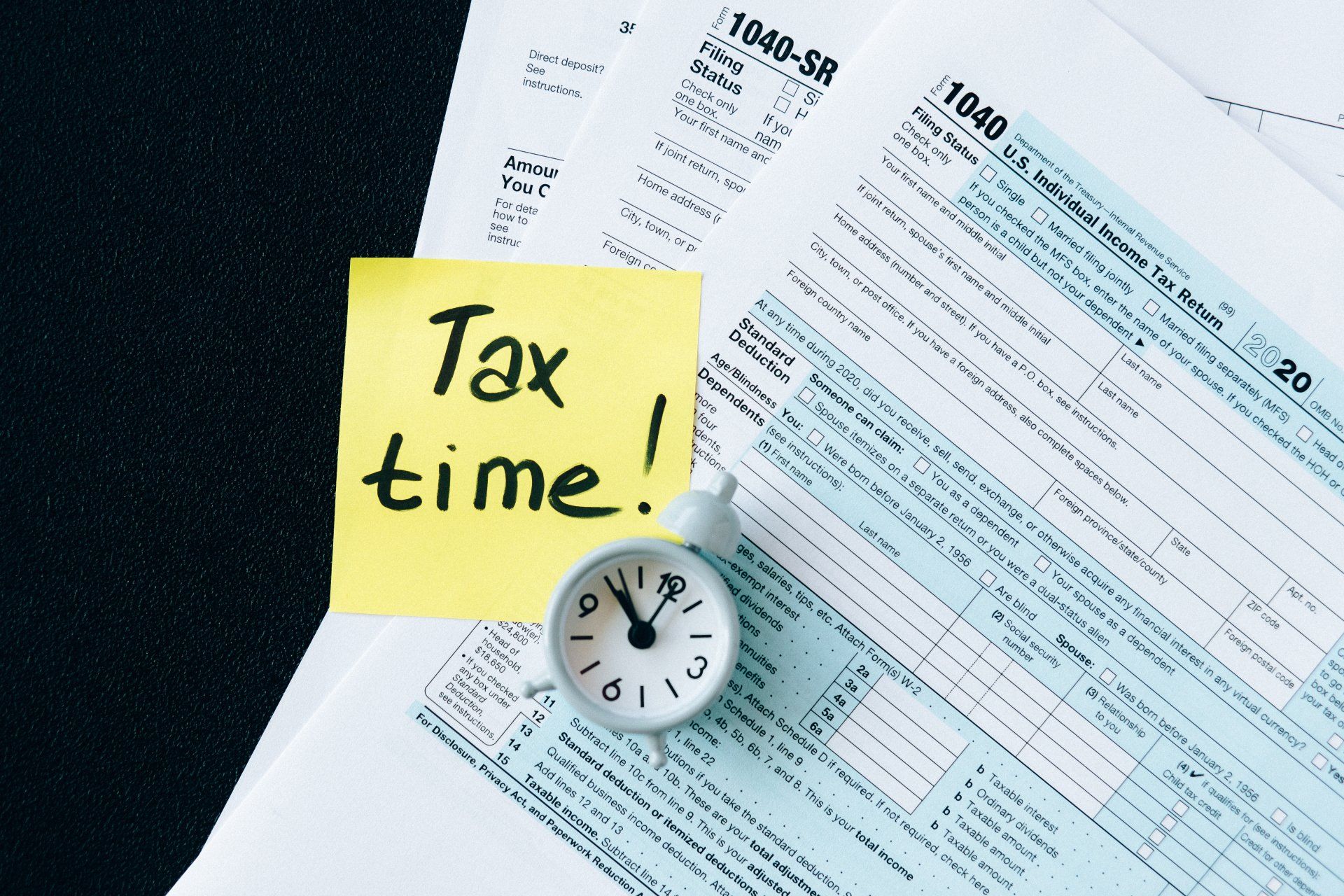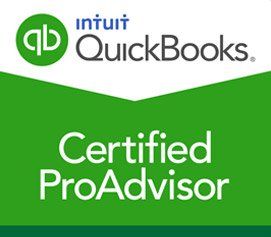Watch Out for These IRS Audit Triggers!
When you file your taxes, the last thing that you want to hear is that you’ve triggered an IRS audit. An IRS audit is a review of one’s financial documents in order to ensure that the information within is correct and done in accordance with tax laws. Selection for an audit does not always mean that there was a problem with your filing. Sometimes people are selected due to the IRS’s own random selection program, the National Research Program. If this happens, don’t worry.
However, IRS audits can just as easily (and much more commonly) come from a variety of small mistakes on the part of the individual. In addition to these small mistakes, an increase in income correlates with the IRS auditing more documents. As such, the more income that you make, the more important it is to file your tax documents correctly.
Yoke Tax professionals can help you get started with just that, but first let’s go over the four most common reasons why you might get audited.

Self Employment Triggered an IRS Audit?
When you are a self-employed individual, you may get your income from a variety of sources. This increases the opportunities which you have to deduct expenses under the pretense of it being for business. Because these deductions are often abused by those with little experience or guidance with business tax filing, the IRS has come to see these deductions as suspicious.
Another aspect of this is related to how your self-employment income is recorded. When you are employed, it is very hard to cheat on your taxes because the employer will also report your income. In addition, you don’t have many opportunities to file business deductions on a W-2. When you are self-employed, however, the temptation to reduce your income and report fake business expenses is there.
As such, it is imperative that the self employed keep proper documentation of their business dealings. If you run an all-cash business, it is especially important to keep tabs on your income earnings and expenses. These will help legitimize the deductions you claim in your filings and keep IRS agents far away from you.
For help with self-employment income and maximizing business expenses without triggering an IRS audit, set up a free one hour consultation with a Yoke Tax professional today.
Too Many Deductions
To expand on the self employment tax deduction trigger, there is also the personal tax deduction trigger. If your tax return is overflowing with deductions, it is an immediate red flag for the IRS.
There are “norms” that the IRS expects different tax filers to follow. For example, those who file as married filing jointly are more likely to use the Child Tax Credit. Although COVID-19 has made this a little more complicated, it is nonetheless a norm for many tax filings and not something which the IRS would consider to be suspicious activity.
If your deductions are high compared to your total income and they fall out of the norm for what is expected from your filing bracket, do not be surprised that an IRS audit is triggered and an agent comes knocking!
Tax Documentation Errors
A lot of the time, simple tax filing errors are all it takes to trigger an IRS audit. Math errors like forgetting to carry the one means that the IRS’s computer screening tools will only take a few moments to calculate that your filing is different from the IRS’s records. Most American taxpayers fall into this category when they wait until the last minute to file.
Usually, this results in a letter from the IRS being sent your way with a request to make a correction. However, depending on other factors like the ones described in this article, this small error may lead the IRS to take a closer look at your documents and conduct a complete audit.
To avoid these small mistakes, double-check your math or connect with a tax pro whose job it is to get the math right (and increase your tax return).
Earn Income Tax Credit IRS Audit
A shocking 2018 article by ProPublica reported that recipients of the Earned Income Tax Credit (EITC) are more likely to be audited than the wealthy. There are a few reasons for this.
Originally, the EITC was created as an alternative to welfare in the 1970s. It was meant to give low-income wage earners a bonus for staying employed and having children. The average tax credit is $2,500, but if the family is large enough, this amount can exceed $6,000. Coupled with the Child Tax Credit, this can easily bring a tax filing out of the expected “norm” and trigger an IRS audit.
Because the EITC is not a welfare provision, it has no application process like food stamps. Instead, taxpayers need only claim the credit on their tax returns. This leads to millions of people improperly reporting. One fifth of eligible taxpayers don’t receive the EITC, and about $17 billion is paid out each year to those who aren’t eligible.
What To Do If You’ve Triggered An IRS Audit
As we’ve established, you might experience an IRS due to simple bad luck with random screening, or because you engaged in one of the listed triggers which lead agents to reassess your documentation.
The first thing you must do is not panic, as you might end up doing something which puts you in a worse situation. Instead, start by calling a Yoke Tax professional. With over twenty years of experience, they’ll be able to walk you through the next steps of an IRS audit.
The IRS will provide you with a list of documents which it wants to see, including bills, medical records, legal papers, and more. Any proof to justify every statement made in your filing will be checked. Generally, an IRS audit is done on returns filed in the last two years. Based on the complexity of issues, availability of information, and your agreement or disagreement with the IRS’s findings, an audit can take a few weeks to a few months.
To get the most out of your tax filing while avoiding an IRS audit, connect with a professional for your
personal and business needs.



